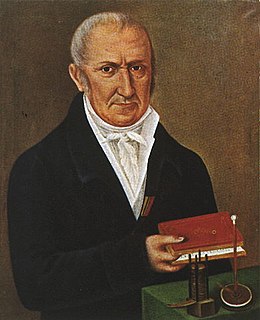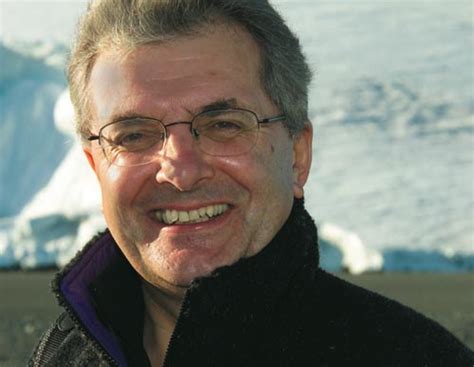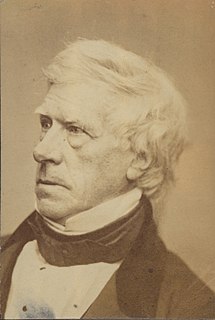A Quote by Alessandro Volta
What is it possible to do well, in physics particularly, if things are not reduced to degrees and measures?
Related Quotes
It is true that physics gives a wonderful training in precise, logical thinking-about physics. It really does depend upon accurate reproducible experiments, and upon framing hypotheses with the greatest possible freedom from dogmatic prejudice. And if these were the really important things in life, physics would be an essential study for everybody.
The first thing to realize about physics ... is its extraordinary indirectness.... For physics is not about the real world, it is about "abstractions" from the real world, and this is what makes it so scientific.... Theoretical physics runs merrily along with these unreal abstractions, but its conclusions are checked, at every possible point, by experiments.
The dark is a quiet place. Reflection and contemplation are the only things to do in it. Well that, and imagine the worst things possible.
I don’t have to reflect or contemplate or any of those things. I know what the worst things possible are. I know about the things that hide in the dark. Insanity is the least of them.
Although reducing human emissions to the atmosphere is undoubtedly of critical importance, as are any and all measures to reduce the human environmental "footprint", the truth is that the contribution of each individual cannot be reduced to zero... If we believe that the size of the human "footprint" is a serious problem (and there is much evidence for this) then a rational view would be that along with a raft of measures to reduce the footprint per person, the issue of population management must be addressed.
When I was in college, I didn't like physics a lot, and I really wasn't very good at physics. And there were a lot of people around me who were really good at physics: I mean, scary good at physics. And they weren't much help to me, because I would say, 'How do you do this?' They'd say, 'Well, the answer's obvious.'



































